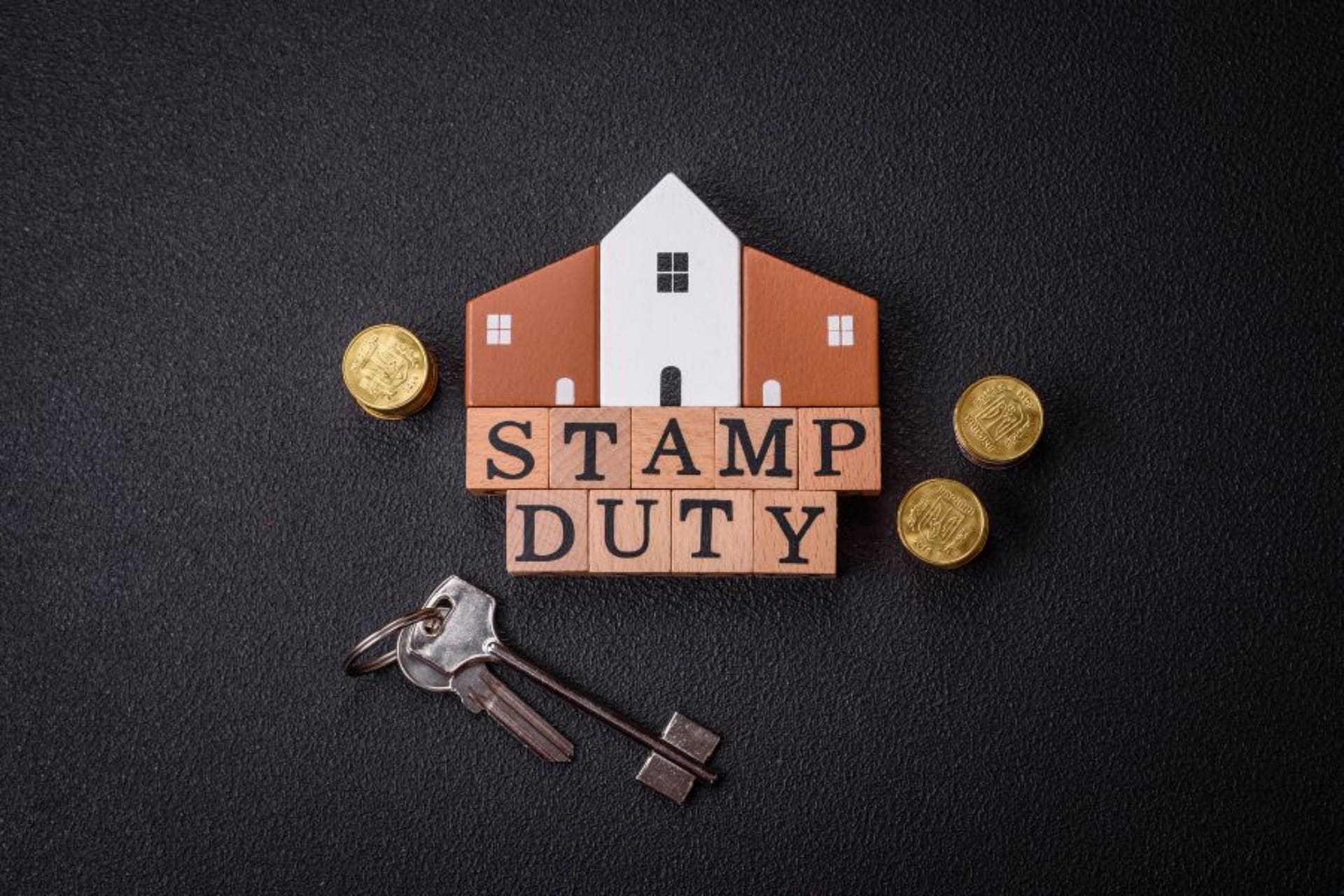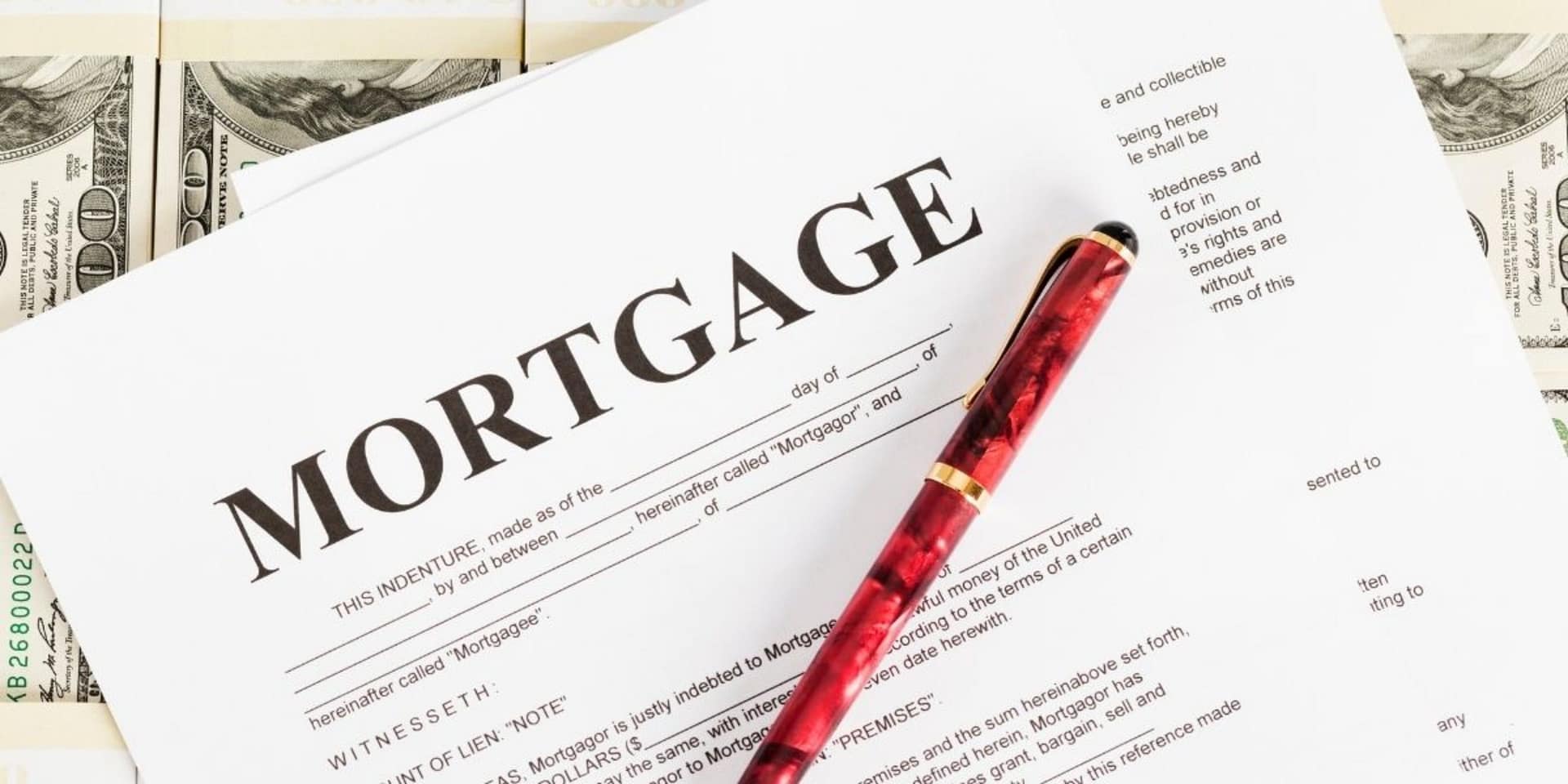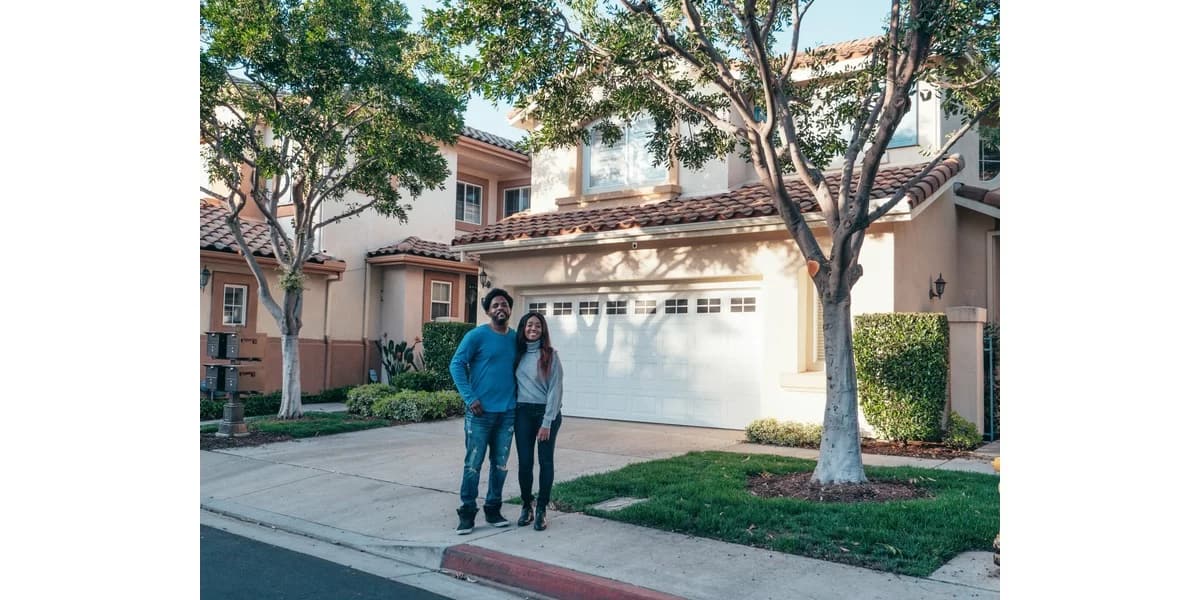Buying a property at auction can be thrilling, but it also involves strict rules, especially regarding the auction settlement period in QLD. In Queensland, the settlement period refers to the time between signing the contract after winning the auction and the official transfer of ownership.
This period is usually 30-90 days, giving buyers and sellers time to complete legal, financial, and administrative tasks. Understanding the settlement process, including the timeline and what happens if there are delays, is crucial for a successful property purchase. Let’s talk about this in more detail in the sections below.
I. What Is the Standard Settlement Period After an Auction in Queensland?
The standard settlement period in Queensland for properties purchased at auction is 30-90 days. The settlement period is the time frame between when you sign the contract of sale and when the property ownership is officially transferred to you.
During this period, you and the seller complete the required legal and financial steps before the final handover of the property.
Why Is It Usually 30-90 Days?
A 30-90-day period is considered a reasonable time for buyers to finalise their finances and for conveyancers to complete necessary checks on the property. It’s a standard timeframe that works for both buyers and sellers. However, this period isn’t set in stone and can sometimes be adjusted, depending on the agreement made before the auction.
Are There Any Exceptions?
Yes, there are exceptions. Sometimes, the seller may prefer a shorter settlement period, like 14 or 21 days, especially if they need to finalise the sale quickly. Conversely, buyers may ask for a longer settlement period if they need more time to secure financing or organise their move.
However, these changes must be agreed upon by both parties before the auction ends.
II. Can the Settlement Period Be Negotiated for a Property Bought at Auction in QLD?
Yes, the settlement period can be negotiated, but it must be done before the auction begins. Once the hammer falls at the auction, the contract becomes legally binding, and the standard settlement period (usually 30 days) applies unless stated otherwise in the auction terms and conditions.
How to Negotiate the Settlement Period Before the Auction
If you need more or less time for settlement, you should inform the real estate agent or auctioneer before the auction starts. You can request a different settlement period, but be prepared to explain your reasons and get the seller’s agreement.
If the seller agrees, the auction contract will reflect the new settlement period. Keep in mind that once the auction is over, there’s little room to change the terms.
What Factors Affect the Negotiation?
Several factors can influence whether the seller will agree to change the settlement period:
Seller’s Circumstances: If the seller needs to move quickly, they may prefer a shorter settlement.
Buyer’s Financial Situation: If the buyer needs more time to finalise their loan, they may request an extended settlement period.
Market Conditions: In a hot property market, sellers may be less likely to agree to extended settlement periods as they prefer a quick sale.
Also Read: Understanding What is Settlement in Real Estate: A Comprehensive Guide
III. What Happens if Settlement Is Delayed After an Auction?
Delays in the settlement process can be stressful, but they do happen. If either the buyer or the seller cannot meet the agreed settlement date, there can be legal and financial consequences.
What Are the Common Reasons for Delays?
Financing Issues: If the buyer’s loan approval is delayed, this can cause a hold-up.
Title or Legal Problems: Issues with the property title or other legal checks can slow down the process.
Paperwork Delays: Missing or incorrect documents can also lead to a delay in settlement.
What Are the Consequences of Delaying Settlement?
If the buyer cannot settle on time, they may be required to pay penalty interest to the seller. The penalty interest rate is usually stated in the contract, and it can add significant costs to the buyer. If the seller causes the delay, they may need to compensate the buyer for any additional costs incurred.
In extreme cases where settlement cannot be completed, the buyer risks losing their deposit, and the seller may have the right to terminate the contract and seek damages.
IV. Are There Differences in the Settlement Process for Auction Purchases vs. Private Sales in QLD?
Yes, there are some important differences between the settlement process for auction purchases and private treaty sales in Queensland.
Immediate Contract Exchange
One of the main differences is that when you buy a property at auction, the contract is immediately signed and exchanged once the hammer falls. This means there’s no cooling-off period, unlike in private sales where buyers often have a 5-business-day cooling-off period.
No Subject-to-Conditions Clause
In a private sale, buyers may include clauses in the contract, such as “subject to finance” or “subject to building and pest inspection.” However, at an auction, the sale is unconditional. This means you cannot back out of the contract if you cannot secure financing or if there are issues with the property after the auction.
Shorter Time Frame for Settlement
In private sales, the settlement period can often be negotiated more easily, and buyers may have more flexibility. In auctions, the settlement terms are usually fixed before the auction, with the typical 30-day period being standard unless otherwise agreed upon.
Also Read: Selling Your House Privately Legal Requirements in Australia
V. What Should Buyers Prepare for During the Settlement Period After Winning an Auction in QLD?
Winning an auction is exciting, but the settlement period can be quite busy. Buyers need to be well-prepared to ensure a smooth process.
Secure Your Financing
Since auction sales are unconditional, it’s essential to have your loan pre-approved before bidding at the auction. During the settlement period, you’ll need to finalise your mortgage, so make sure you have all your documents ready and respond quickly to any requests from your lender.
Conduct a Final Inspection
As the buyer, you have the right to a final inspection of the property in the days leading up to settlement. This is your chance to make sure the property is in the same condition as when you purchased it. If there are any issues, you should notify your conveyancer immediately.
Pay the Balance of the Purchase Price
On the day of settlement, you’ll need to pay the balance of the purchase price. This includes the total agreed price minus your deposit. Your conveyancer will help you organise the transfer of these funds.
Prepare for Settlement Day
On settlement day, your conveyancer and the seller’s conveyancer will handle the exchange of documents and funds. You usually don’t need to be present, but it’s good to be available in case any last-minute issues arise. Once settlement is complete, the property officially belongs to you, and you can collect the keys.
Also Read: Things to Check Before Signing House Contract in Qld
Your Next Steps in the Auction Settlement Process
The auction settlement period in QLD can be a complex process, especially for first-time buyers. However, being well-prepared and understanding the key steps can make it much smoother. Remember to discuss your settlement needs before the auction, be ready for a fast-paced process, and work closely with a trusted conveyancer.
Also, if you need help selling your property, our expert team at CJC Law can guide you through every step of the auction settlement period in QLD. We’ll make sure your transaction is handled efficiently and professionally, giving you peace of mind during this exciting time.
Contact CJC Law today or visit our website to get a free quote and get started!




